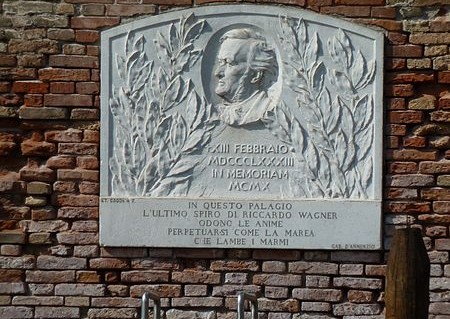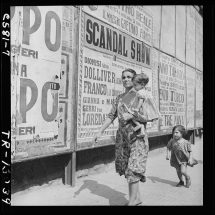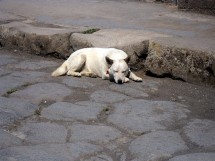Tag Archive: Italy
My Brilliant Friend (by Elena Ferrante)
In a ragged post-war Neapolitan suburb, families send their children to school under sufferance. But two young pupils – pointlessly enough, girls – exhibit well above-average intellectual ability. But which one of the pair is the brilliant friend? Studious, pragmatic Elena, or the mercurial, nihilistic Lila? The girls’ time and place is particularly dangerous. “Our world was like that, full of words that killed: croup, tetanus, typhus, gas, war, lathe, rubble, work, bombardment, bomb, tuberculosis, infection. With these words and those years I bring back the many fears that accompanied me all my life.” But then again, it is an all-too familiar child’s world of not quite-real, misunderstood…
Continue Reading →Night’s Lies by Gesualdo Bufalino
(1988) The place of confinement is an island fortress, “It is known as an island but ought to be called a rock. For it is nothing more than a stack of volcanic tufa heaped up into the form of an enormous snout, wearisomely steep in some places, but for the most part bare, sheer crag. The strip of sea between it and the mainland is no wider than a keen eye can traverse. None the less to cross it, be it through the malice of the winds or of the currents, is a hazardous business for vessels, and totally beyond the…
Continue Reading →Pompeii by Mary Beard
Mary Beard’s television programmes are about the ancients and not the presenter, which is a nice change. Beard does insert herself into her excellent work, “Pompeii”, but only to ask the questions which the reader would ask. If you want to know what (we think) the Pompeiians ate (they loved dormice and a revolting fermented fish sauce called garum), drank (lots of alcohol), ) and watched (horrible gladiator and animal maulings), then this is the book for you. There is unavoidably, a lot of supposition in the recreation of the life of the ancients. Some of it seems a bit dubious (determining which…
Continue Reading →The Mysterious Flame of Queen Loana
(by Umberto Eco). Umberto Eco may have been a gift from God (Ex Caelis Oblatus) but this novel is not divinely inspired. Yambo (Giambattista Bodoni), the narrator, is fog-bound. Following an ‘incident’ (a stroke?), he loses his episodic memory. His doctor explains, “It’s episodic memory that establishes a link between who we are today and who we have been, and without it, when we say ‘I’, we’re referring only to what we’re feeling now, not to what we felt before, which gets lost, as you say, in the fog.” This concept is applied rather loosely by Eco in the service of allowing Yambo, now in his sixties, to…
Continue Reading →Wagner, Verdi and Murano Bugs in Venice

2013 Our train from Naples was not direttissima but it sure was a case of molto ritardo. An unexpected change in Firenze, back a couple of stops on a local caboose, onward through Bologna and finally, we were emptied out on a water taxi through the Grand Canal to Locanda Vivaldi (Venice being his birthplace). We dined there on a lovely high terrace overlooking Canal Grande, heroically overlooking the warning note: A volte alcuni prodotti potrebbero essere passati per la catena del freddo which we translated as ‘Sometimes some products might be passed by the cold chain’ which we parsed…
Continue Reading →




